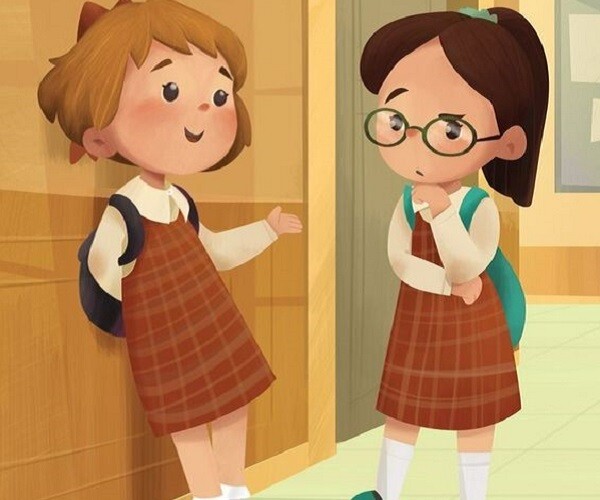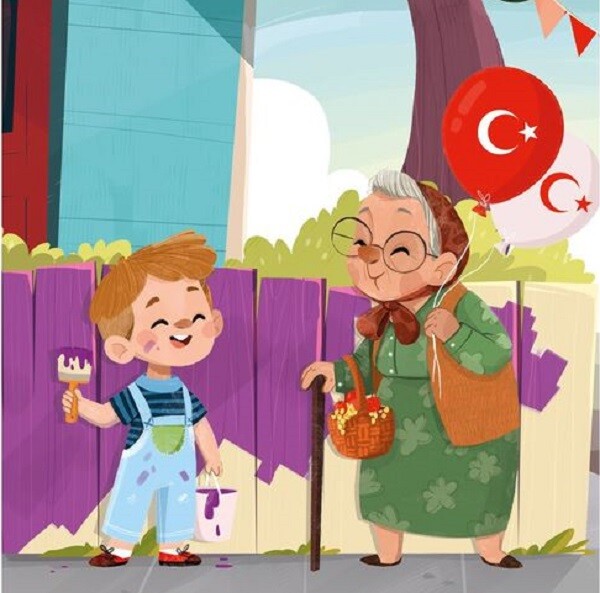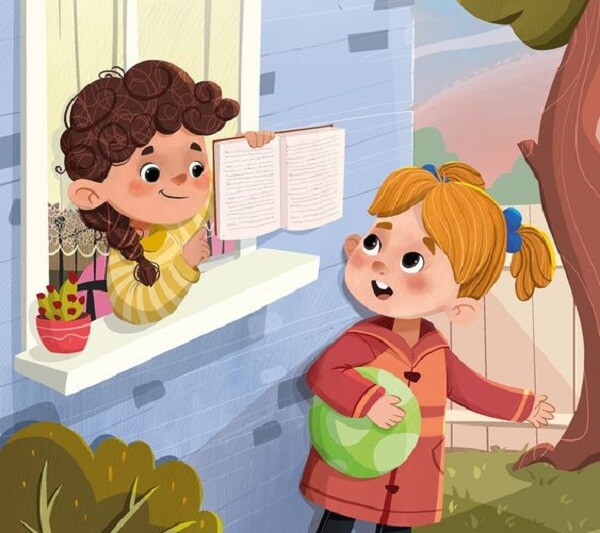During the early years, children are exploring and establishing the foundation for their future values and habits. Setting basic rules makes it easier for them to adjust their behavior.


No rude behavior or foul language
While it’s common for children to fight, if they’re not educated properly, they may resort to violence as a solution when they grow up.
Firstly, parents should be stern when their children exhibit rude, violent, or foul-mouthed behavior. This helps children understand that such behavior is unacceptable and shows that parents care about their manners. Sternness should be coupled with patience and understanding, so children feel loved even when they make mistakes.

Subsequently, parents should encourage children to reflect on what happened and ask themselves: “What should I do next time in a similar situation?” This stimulates self-critique and helps children become more aware of their emotions and actions. Discuss with them the most appropriate approach.
If your child humbly accepts their mistake, don’t forget to encourage them again. This encouragement will motivate them to improve their behavior. Parents can say something like: “I saw that you were brave enough to admit your mistake, and that’s the first step to becoming a better person.”

Don’t touch others’ belongings without permission
And learn to take care of personal items
Children under 6 years old are just beginning to develop self-awareness, so they often struggle to understand the concept of privacy regarding possessions.
In this case, parents should teach children about ownership. For instance, a mother can hold up adult and children’s clothing and say: “This is yours, this is dad’s, and this is mom’s.” From an early age, parents should help their children establish boundaries between themselves and others.
Such rules help children better distinguish between “yours” and “mine,” understanding that what’s not theirs belongs to someone else. This conceptual distinction is fundamental to basic morality and psychology. As they grow up, they’ll learn to respect others’ belongings.

Put things back where they belong
When children are taught to always put things back in their proper places, they learn discipline and responsibility for their actions. They understand that every action has consequences, and maintaining order is an essential part of daily life.
This habit helps children develop organizational skills and time management. When children know how to arrange things reasonably, it’s easier to find and use necessary items, saving time and energy.
In the process of teaching children to sort items, parents are also training them to be more self-reliant.
It also helps children develop positive habits from a young age, becoming responsible and organized individuals. These good habits will stay with them throughout their lives, supporting them in all areas of life.


First come, first served; latecomers must wait
Many children don’t understand certain public rules, so they may cut in line, push, or be disrespectful to those around them. Therefore, parents should teach them the “take turns” rule, helping them understand that those who arrive first will be served first, while latecomers must wait.
When children understand that everyone has equal rights and deserves respect, they’ll develop better self-discipline.
Learning the “take turns” rule helps children develop necessary social skills. They’ll learn how to line up, wait, and communicate politely with others.
Learning to wait their turn also teaches children patience. In today’s fast-paced world, the ability to wait calmly is a valuable skill.

Don’t interrupt others
Many children have a habit of interrupting others, sometimes out of excitement or a desire to share their thoughts. While this can be annoying for adults, parents may inadvertently encourage this behavior by always responding positively or not paying attention.
If parents consistently allow their children to interrupt at any time and always respond positively, this attitude can easily lead to their children developing the habit of bothering others.

To help children realize the importance of listening, parents should guide them calmly, helping them learn to think from others’ perspectives. Explain that interrupting not only disrupts the speaker’s train of thought but also makes them feel disrespected.
Let your children know that when someone is speaking, it’s important to listen and wait for your turn. This is a way to show politeness, and they can learn a lot from the conversation.

Apologize when wrong, and demand an apology when wronged
In reality, children under 6 years old, though young, have a certain level of understanding. At this stage, parents should seize the opportunity to teach them that “if you do something wrong, you must apologize.” This helps children develop the habit of recognizing and accepting their mistakes, leading to better manners and behavior.
If parents make a mistake toward their child, they should also apologize, setting a good example and following the same rule. Such rules can help children learn to be polite, honest, and brave enough to admit their faults.

In this process, children also learn to reflect on themselves and start standing up for their rights. When they understand that apologizing isn’t a sign of weakness but an act of maturity and responsibility, they’ll become individuals capable of building good relationships with others.





































